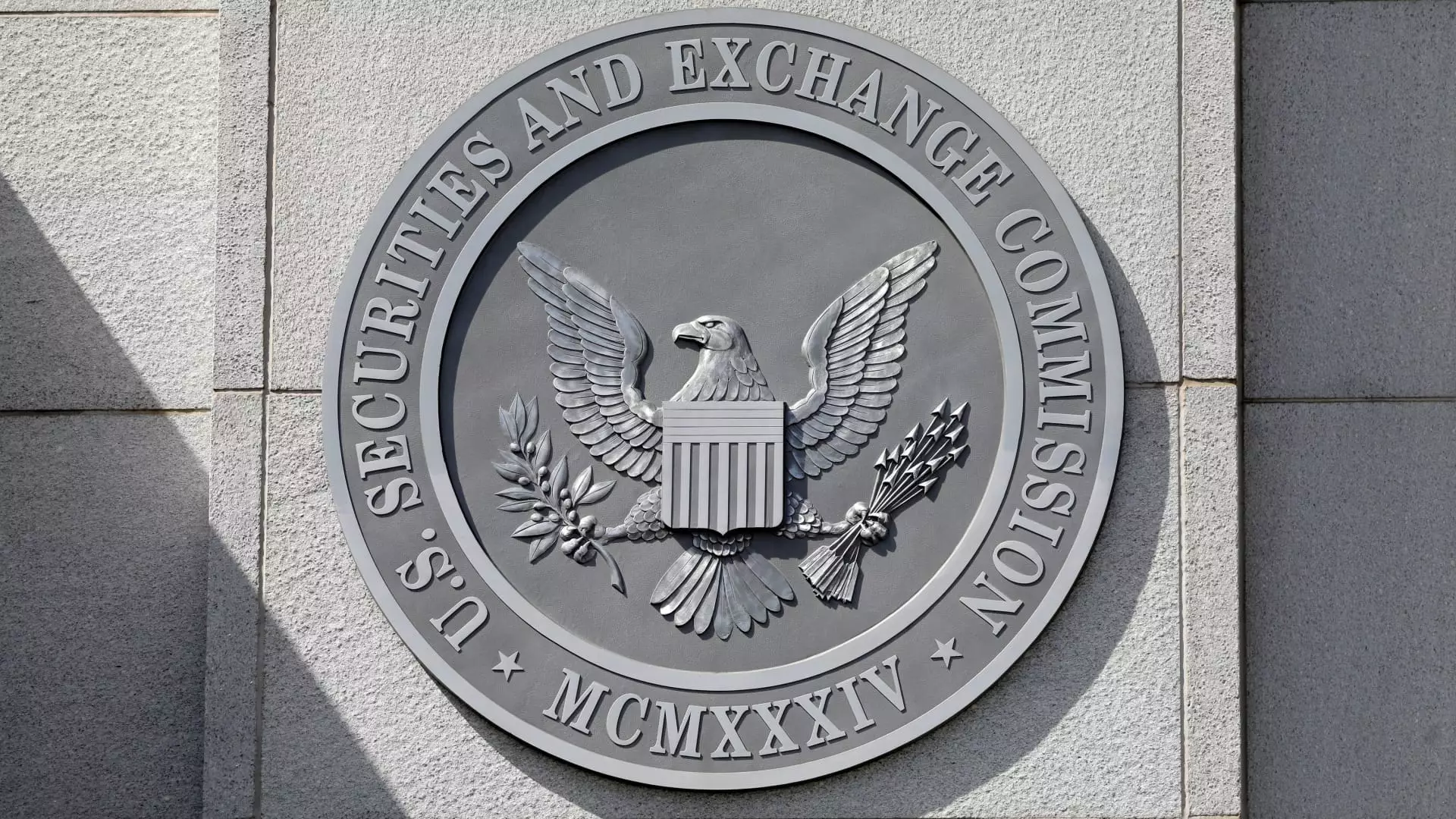The U.S. Securities and Exchange Commission (SEC) has recently seen a significant shift in its internal protocols regarding investigations, following the arrival of the new leadership under President Trump. As part of this change, staff lawyers at the SEC will now need to seek explicit permission from the politically appointed commissioners before initiating formal inquiries. This alteration, which has not been widely publicized, marks the first ripple of change in the agency’s enforcement operations under the current administration, raising questions about how this will affect the regulatory landscape.
Historically, the SEC has been known for its capacity to operate independently, with a structure designed to limit political interference. Comprising five commissioners appointed by the President, the SEC was established to protect investors, maintain fair and efficient markets, and facilitate capital formation. In the past, the delegation of authority to begin investigations was typically bestowed upon lower-level staff or enforcement directors, allowing for quicker responses to emerging issues and alleged violations. This structure encouraged a more autonomous operation, enabling the agency to pursue matters that could harm the marketplace swiftly.
The Current Shift: New Protocols and Their Implications
The newest directive appears to centralize authority within the commission by requiring investigators to obtain approval for initiating formal investigative actions. Such formal orders are essential as they authorize subpoenas — a critical element in gathering testimony and documents. Previously, enforcement personnel enjoyed a degree of autonomy, allowing them to act quickly and decisively in cases that required urgent attention. The move to tighten control over investigations could lead to a slower response time, with the potential for certain cases being stymied or significantly delayed as they traverse the bureaucratic approval process.
Proponents of the new policy assert that this could lead to improved oversight and fairness for individuals under investigation, thereby reducing the risk of undue harm to innocent parties. On the other hand, critics argue that mandating higher levels of approval compromises the efficacy of the enforcement staff, undermining their capability to independently act in safeguarding market integrity. These contrasting viewpoints set the stage for an ongoing debate about the balance between oversight and operational effectiveness within regulatory bodies.
The transition at the SEC was compounded by recent departures within its ranks, notably the exit of key Democratic figures who once set the tone for aggressive enforcement. Currently, the commission is predominantly Republican, headed by acting chair Mark Uyeda alongside fellow Republican Hester Peirce and Democrat Caroline Crenshaw. This shift in leadership signals a potential pivot towards a more industry-friendly regulatory environment, reflecting broader political directives from the current administration. Such a transformation might herald a departure from the robust regulatory practices that characterized the preceding Democratic leadership, raising alarms among consumer advocates and enforcement officials alike.
Potential Consequences for Regulatory Enforcement
One of the most concerning implications of the altered approval process is the potential detrimental effect on the SEC’s investigative efficacy. While informal investigations can still proceed without high-level consent, the added hurdle of obtaining approval for formal probes may deter investigators from pursuing certain cases that they might deem critical to market health. This could inadvertently foster a less stringent regulatory climate, where violations go unpunished and market abuses remain unchecked.
Furthermore, the overarching directive issued by President Trump on his first day in office, aimed at ending the “weaponization” of federal agencies, may further influence how the SEC approaches its enforcement responsibilities. Although the precise implications of this directive for the SEC are still ambiguous, the tension between protecting market integrity and appeasing political narrative is likely to create an environment of caution among enforcement staff.
The SEC’s recent protocol changes represent a pivotal moment for the agency, raising essential questions about authority, autonomy, and accountability in regulatory enforcement. As the delicate balance between oversight and efficiency is tested, analysts, market participants, and investors alike will be watching closely. The effectiveness of these new processes will ultimately determine whether they serve to enhance or obstruct the SEC’s mission of ensuring integrity and transparency in the financial markets. The future of enforcement at the SEC may well hinge on how these changes evolve and the broader ramifications they hold for capital market regulation in the United States.


Leave a Reply